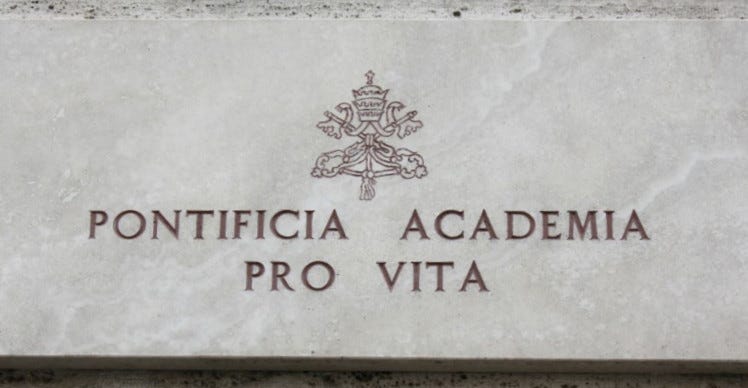Pontifical academy raises questions, confusion, on 'Humanae vitae'
News: Humanae vitae
The Pontifical Academy for Life has triggered renewed speculation that Pope Francis could be planning a new document addressing the Church’s teaching on the immorality of artificial contraception, after one of its social media accounts said that Humanae vitae, Pope St. Paul VI’s 1968 encyclical letter on the subject, is not infallible.
But some theologia…

